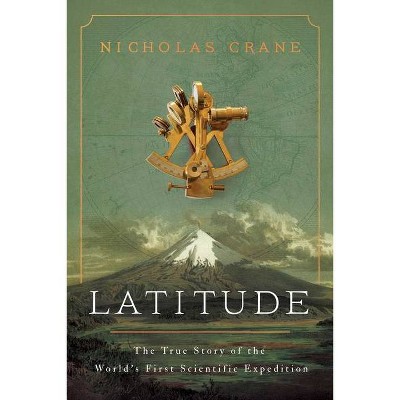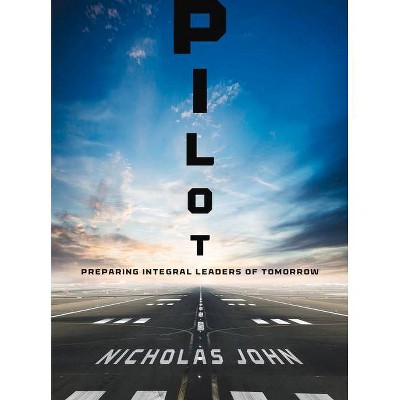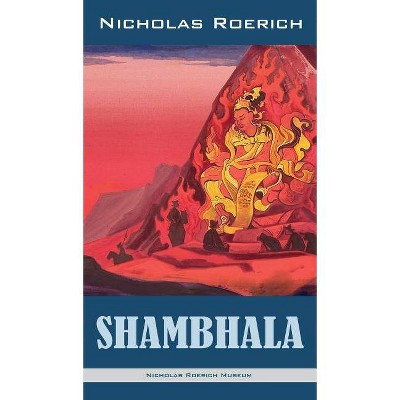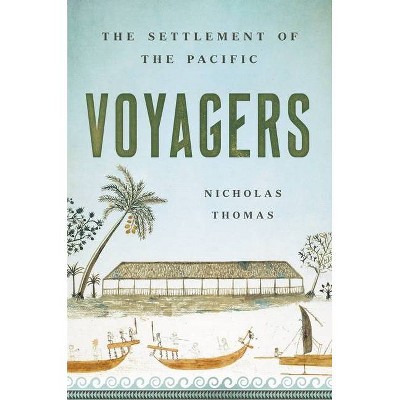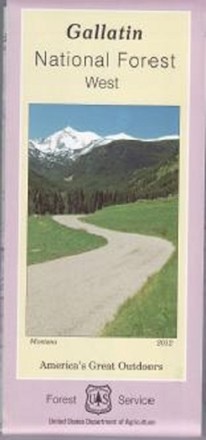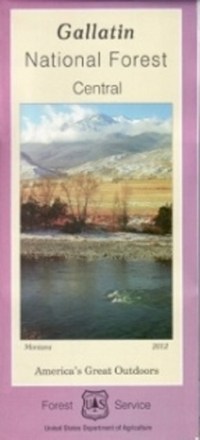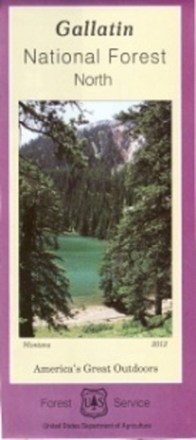Gallatin - by Nicholas Dungan (Hardcover)
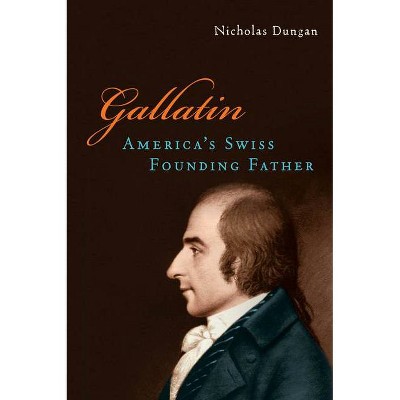
Similar Products
Products of same category from the store
AllProduct info
<p/><br></br><p><b> About the Book </b></p></br></br>Examines the life of statesman Albert Gallatin and discusses his role in the formation of the United States.<p/><br></br><p><b> Book Synopsis </b></p></br></br><p>You won't find his portrait on our currency anymore and his signature isn't penned on the Constitution, but former statesman Albert Gallatin (1761-1849) contributed immeasurably to the formation of America. Gallatin was the first president of the council of New York University and his name lives on at NYU's Gallatin School of Individualized Study, so it is with pride that New York University Press and the Swiss Confederation publish this new biography of Gallatin.</p><p>Gallatin's story is the opposite of the classic American immigrant tale. Born in Geneva, the product of an old and noble family and highly educated in the European tradition, Gallatin made contributions to America throughout his career that far outweighed any benefit he procured for himself. He got his first taste of politics as a Pennsylvania state representative and went on to serve in the U.S. Senate and House of Representatives. Gallatin became the Secretary of Treasury in Jefferson's administration and, despite being of the opposite political party to Alexander Hamilton, Gallatin fully respected his predecessor's fiscal politics. Gallatin undertook a special diplomatic mission for President Madison, which ended the War of 1812 with the signing of the Treaty of Ghent and gave the United States its genuine independence. Gallatin continued in diplomacy as minister to France and to Great Britain, where he skillfully combined his American experience and European background. In the early 1830s, at the age of seventy, he retired from politics and commenced a new career in New York City as a banker, public figure, and intellectual. He helped establish New York University and the American Ethnological Society, became an expert in Native American ethnology and linguistics, and served as president of the New-York Historical Society. Gallatin died at age 88 and is buried in Trinity churchyard at Broadway and Wall Street.</p><p>In our own day, as we look at reforming our financial system and seek to enhance America's global image, it is well worth resurrecting Albert Gallatin's timeless contributions to the United States, at home and abroad. Nicholas Dungan's compelling biography reinserts this forgotten Founding Father into the historical canon and reveals the transatlantic dimensions of early American history.</p><p>Co-published with the Swiss Confederation, Federal Department of Foreign Affairs.</p><p/><br></br><p><b> Review Quotes </b></p></br></br><br>"Dungan (former president, French-American Fdn.) provides a valuable service by writing a short, balanced overview of the life and career of one of the most important and most neglected leaders of the early American Republic... Dungan's book makes excellent use of the Gallatin papers housed at the New-York Historical Society.-- "Library Journal"<br><br>Albert Gallatin was a significant political figure in the early republic, most prominently as Jefferson's and Madison's treasury secretary, and his name graces a river, a national forest, towns, and counties but not any recent general-interest biography: extant titles are decades or, in the case of one by Henry Adams, more than a century old. Displaying Gallatin in his public and private dimensions, Dungan ably reacquaints history readers with the official who carried out Jefferson's policies.-- "Booklist"<br><br>At the close of his biography Gallatin, Americas Swiss Founding Father, Nicholas Dungan asks the rhetorical question: 'Was Gallatin a Great Man?' To which, anyone having read the book, would have to answer with an unequivocal and resounding Yes!... Dungans biography of Gallatin should not be missed.--Martin "What Would Founding Fathers Think?"<br><br>Dungan diligently enumerates the Genevan's contributions to American society. It will be eye-opening for students of American history to discover that in the early days of the United States, a Swiss nobleman acting as Thomas Jefferson's secretary of the treasury managed the budget to create sizable surplus...[T]he book succeeds admirably in remembering a key figure in early American diplomacy, education, and financial regulation.-- "Publishers Weekly"<br><br>Dungan gives good reason to believe his label as Gallatin as 'America's Swiss founding father, ' through his concise history of the period and convincing understanding of Gallatin's major role in the establishment of the United States as an independant and respected country.-- "St. Paul's School, Alumni Horae"<br><br>Dungans Book retraces in detail Gallatins family history in Geneva as well as his subsequent career in the United States, using his private correspondence to highlight his shifting perspectives on ongoing events. Published on the 250th anniversary of Gallatins birth, his biography is clearly designed a belated official tribute, providing a useful ground for any further scholarly research on the subject; it does moreover offer an interesting example of how modern representative regimes took shape from the constant confrontation of the different national traditions.--Biancamaria Fontana "Times Literary Supplement"<br><br>In this balanced and perceptive new life of Albert Gallatin, it is a delight to find that Nicholas Dungan gives ample attention to Gallatin's later years as an intellectual and participant in the public life of New York City.--Dr. Louise Mirrer, President and Chief Executive Officer, New-York Historical Society<br><br>In this elegant biography, Dungan charts the rise of Albert Gallatin from Congress to the Treasury to the world of diplomacy. Dungan convincingly makes the case that Gallatins crowning achievement was his central role in the delegation that negotiated the Treaty of Ghent, which brought an end to the War of 1812. Gallatin thus helped guide the United States to genuine independence and to the peace and prosperity enjoyed by the strengthening and expanding union.--Charles A. Kupchan, professor of international relations at Georgetown University, senior fellow at the Council on Foreign Relations, and author of How Enemies Become Friends: The Sources of Stable Peace<br><br>Many U.S. envoys to France have had distinguished careers in public service and the private sector, but none excelled Albert Gallatin in the breadth of his experience or the scope of his contribution to the United States. Nicholas Dungan gives Gallatin’s role as an outstanding diplomat its well-deserved emphasis in this fast-paced, in-depth biography of a great European-American.--Walter J. P. Curley, United States Ambassador to France (1989-1993) and to Ireland (1975-1978), Honorary Chairman of the French-American Foundation<br><br>With the feverish rhetoric of anti-immigration and isolationist views present in todays politics, it is important to be reminded of the contribution of non-native Americans. Nicholas Dungan has written the definitive biography of one such non-native immigrant who spoke with an accent and was educated abroad. Albert Gallatin (1761-1849) left a lasting imprint on our nations history. However, Dungan finds that as a foreigner, his name has fallen into obscurity in the American psyche. In Gallatin: Americas Swiss Founding Father, Dungan masterfully retraces the life of man whose image or name is commonly not recognized.-- "Purepolitics.com"<br>
Price History
Price Archive shows prices from various stores, lets you see history and find the cheapest. There is no actual sale on the website. For all support, inquiry and suggestion messages communication@pricearchive.us

